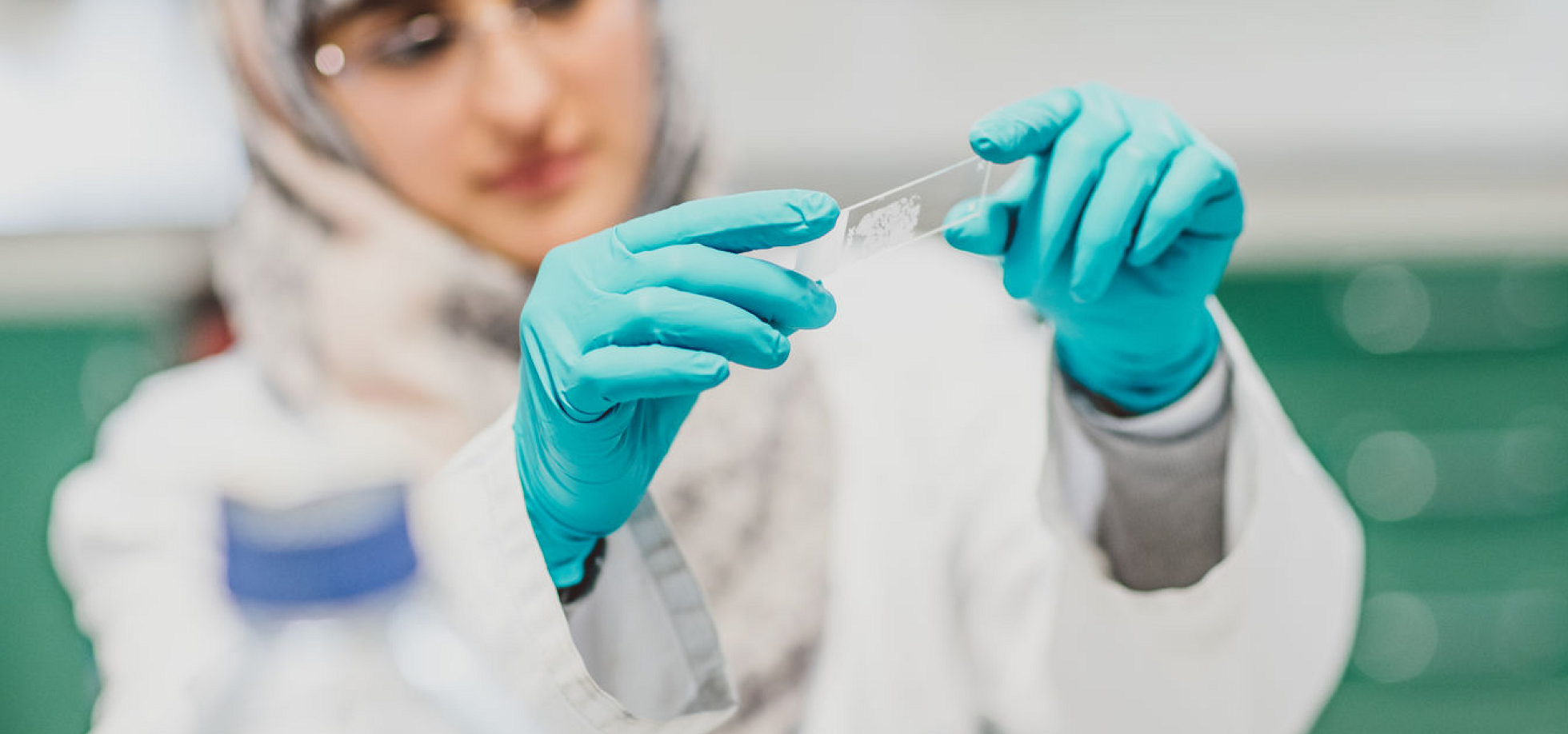
Immunology touches almost all areas of biomedicine, including cancer and metastasis, nutrition, autoimmunity, senescence, reproduction and fertility etc. The application of molecular techniques in cell biology has given way to the new science of immunology based on genomics, proteomics bioinformatics and structural biology. There is still much knowledge to be gained; many areas of immunology are poorly understood. Immunology has not cured cancer with a single 'antibody bullet' as it was originally thought; AIDS remains, in a large part an intractable condition, except by taking anti-retroviral drugs; immunotolerance and feto-maternal tolerance are still not understood at molecular level. The majority of the concepts in immunology have been derived from in vitro assays, in most cases using non-primate animal models. There is therefore a need for understanding in vivo immune responses in primates and in particular in humans. The BS326 module will concentrate on RECOGNITION, what immunologists call IMMUNORECOGNITION. This is a question that has puzzled immunologists for decades. How does the immune system 'know' when to initiate a response and how are these responses regulated. Cell surface receptors such as the MHC and T-cell receptors will be discussed in detail. Ligand-receptor interactions and cytokines (the hormones of the immune system) will also be studied. Most specific immune responses involve lymphocyte proliferation through signal transduction, via Ca+2 release, PKC, IP3 and cell adhesion receptors that work as co-stimulatory molecules. Cell mediated immunity, via macrophage activation, T-helper and T-cytotoxic cells will also be studied. HLA genes and products will be discussed in relation to antigen presentation, organ transplantation (e.g., kidney) and associations to disease (e.g., diabetes). The fetomaternal paradox will be discussed from the point of view of the fetus as a hemi-allograft in the mother carrying 50% of non-self genes from the father. In addition, the module will touch on aspects of developmental immunology including immunosenescence, and how the immune response has evolved in the Animal Kingdom.
- Module Supervisor: Nelson Fernandez